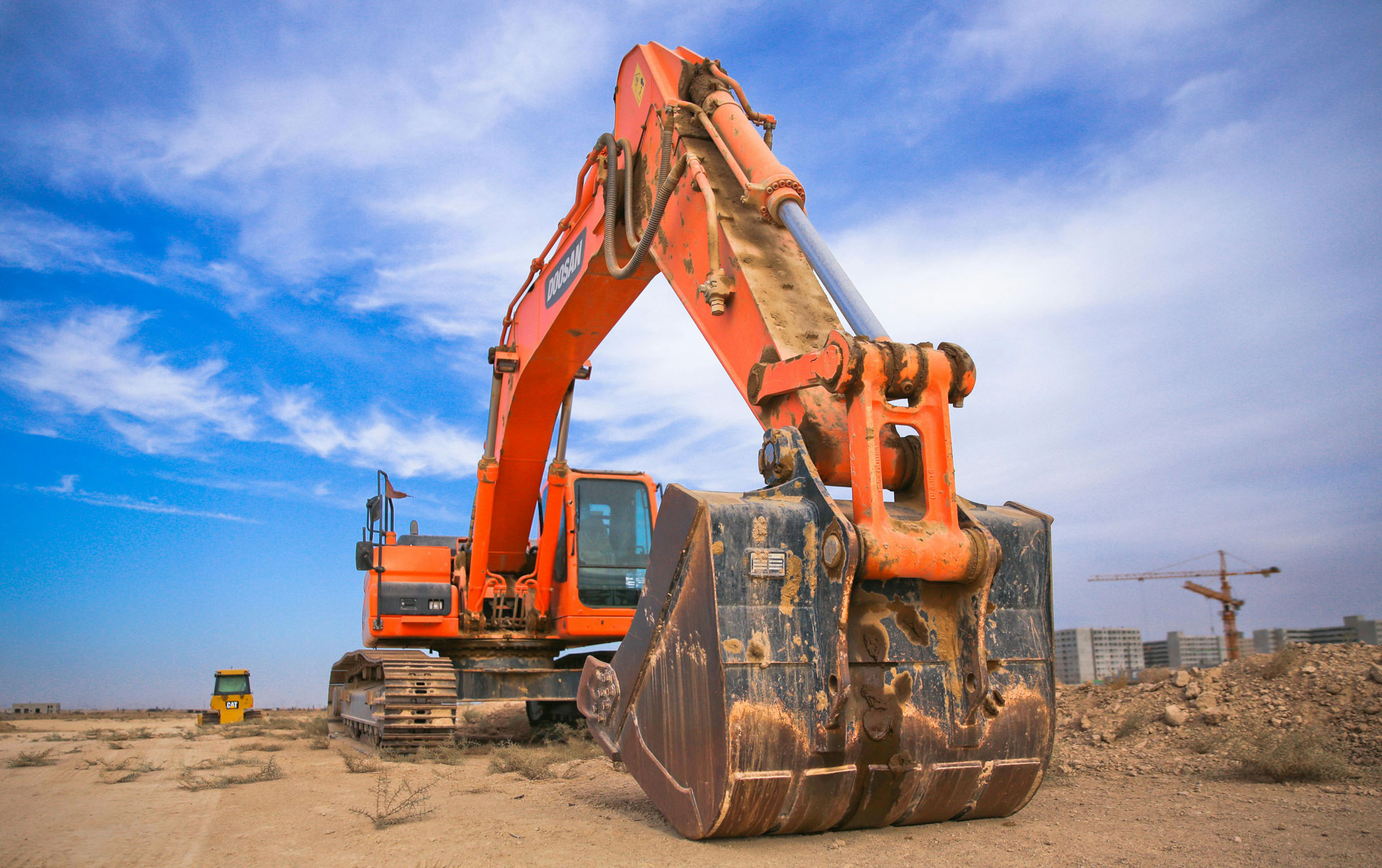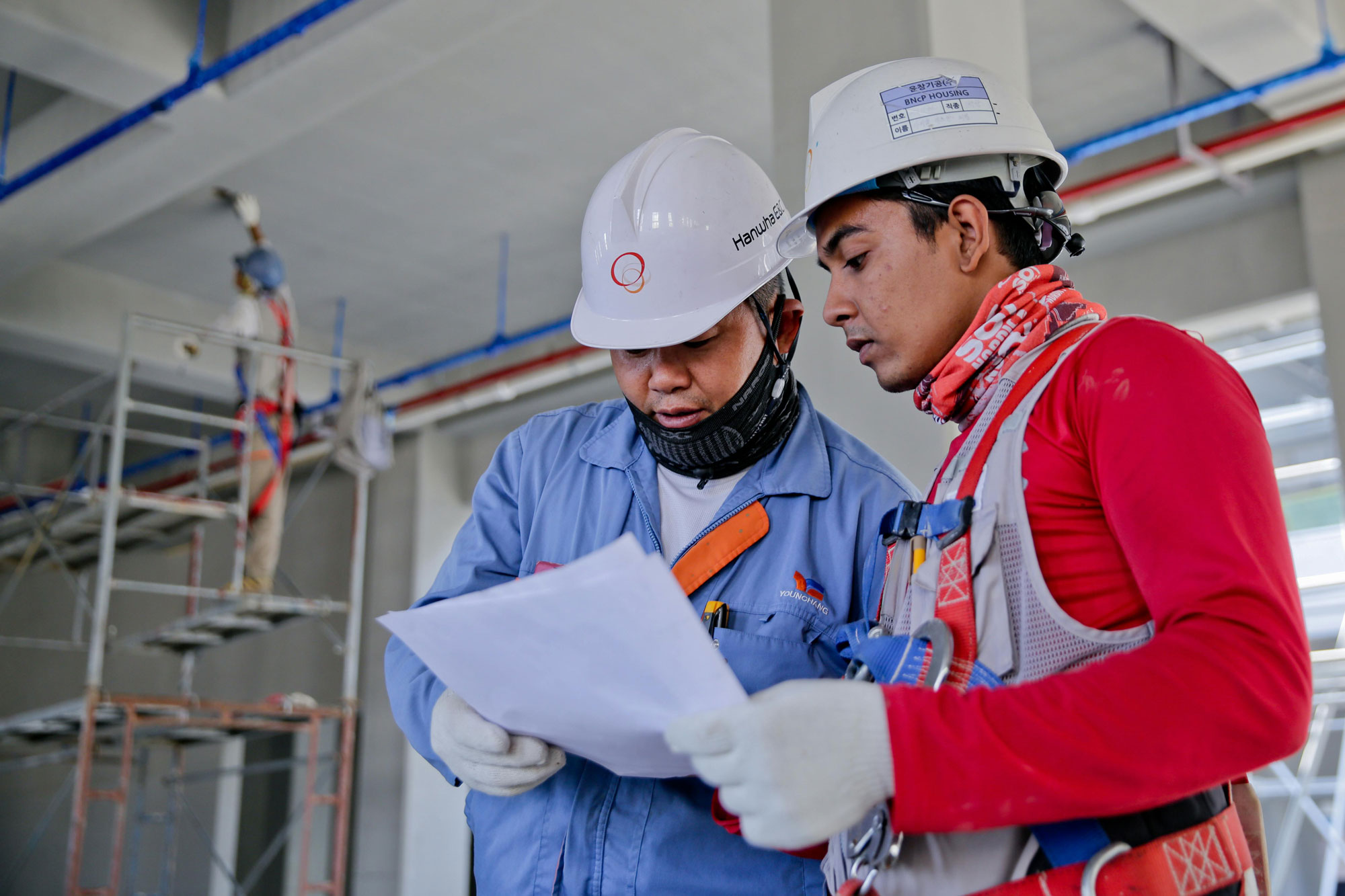Construction moves slowly, but any mistakes compound fast. It can take months to finish a building, but a minute’s miscalculation over which document to send, or which version to use, can rack up big costs waiting for answers - or cause problems which take even longer to correct. With big teams and big money on the line, and different stakeholders on every document from internal finance to local government, keeping track of blueprints, permits and pitches is crucial - and that’s before you get to the myriad of different suppliers and invoices arising from each project.
The benefits of having a single digital source of truth, rather than a mass of competing emails, documents and hard copies, are self-evident (if not always embraced on-site) and document management systems (DMSs) have become increasingly prevalent in sites across the US and UK. The benefits accrue back at the office, too. But the construction industry has its own nuances which means that picking the best DMS for your business can be a challenge.

Construction firms often work on large-scale projects with multiple teams, contractors, and subcontractors involved. Each of these players may need access to different documents at various stages of the project, all while ensuring that the information is accurate, up-to-date, and secure. A DMS tailored for construction needs to handle these complexities.
It needs to handle a mix of document types, support collaboration among multiple stakeholders - some of whom spend more time on site than in the office - and ensure that everyone has access to the right information at the right time. Here are the main features to keep in mind if you’re looking for document management for a construction firm - we’ve also got insights into document management for accountants and IFAs.
DMS needs for construction firms
1. Centralised document storage
Construction projects often generate a wide variety of documents, from project plans and designs to legal contracts and project schedules. Having these documents stored in a single, easily accessible digital repository is crucial for having a single definitive record of what needs to be done, who’s responsible and what happens if any problems arise - it’s the record people can return to if there’s confusion on site. If it’s maintained correctly, it also makes it easier to monitor project progress, whether on-site or off it.
2. Version control
It is an iron rule that no construction project was ever completed exactly as outlined in the original plans, to the point where you have to suspect that Stonehenge was originally conceived as a square rather than a circle. It’s the nature of the business to require multiple revisions of plans, designs, and contracts, and that’s something you need to make sure are shared between all the relevant workers. Keeping track of these revisions manually will inevitably lead to confusion and mistakes. A good DMS should include version control, which ensures that everyone is working on the most up-to-date document, and allows users to access previous versions if needed.
3. Mobile access and collaboration
Construction teams don’t always work in an office environment. They spend a significant amount of time on-site, and making sure they still have access to all the project documents while they’re there will save time and prevent costly delays. A DMS with mobile access that enables workers access project documents from their phone or tablet allows for quicker decision-making, better communication between teams, and faster response times to issues that arise on-site. Make sure that you pick a platform that includes remote collaboration features, like Workiro, rather than simply being able to view documents - if people have to get back to their desk to make or suggest changes, then they’ll miss something.
4. Automated document workflow
Construction projects involve numerous stakeholders, and documents routinely need to be reviewed, signed, and approved before work can be completed. A DMS with workflow automation capabilities can help streamline this process by automating the document routing, approval requests, and reminders so that files pass through the process smoothly without washing up in somebody’s inbox. For example, when a subcontractor submits an invoice or a design revision, the DMS can automatically route it to the appropriate person for review and approval - no filtering, administration or chasing required.
5. Security and compliance
Construction projects are heavily regulated, and maintaining compliance with local laws and industry standards is a must. A robust DMS should include strong security features, such as encryption, role-based access control, and audit trails to protect sensitive information like contracts, permits and payment details. A DMS that offers strong security features ensures that sensitive data is protected from unauthorised access, and that the firm can maintain proper audit trails to demonstrate legal compliance.
By supporting all these features, Workiro is one of the best DMSs available for the construction industry. With unlimited online storage, native mobile access, workflow automation tools and powerful access controls, it’s the ideal way to manage contracts, blueprints and other project documentation in a way that gives full control and total visibility. To find out more about how construction businesses use it, and the difference it could make to yours, book a fifteen-minute call with one of our specialists today.
To find out what Workiro offers to other industries, head back to our explainer on the best DMS systems.




.png)